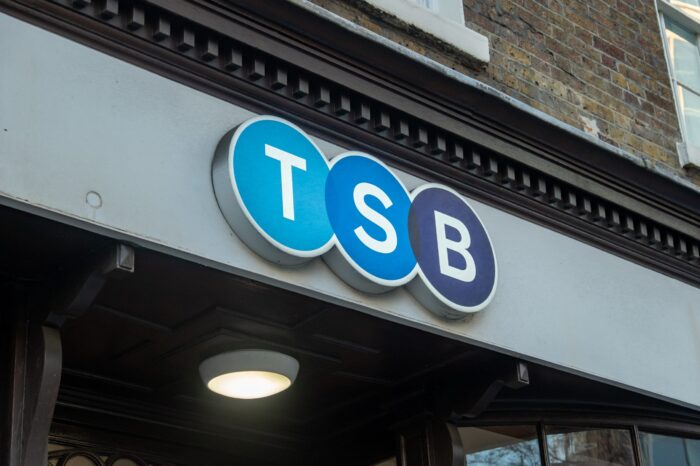
TSB offers customers access to a “Flee Fund” which offers survivors up to £500 to escape an abusive situation. The bank reports that 136 people have accessed the fund in the 10 months since launch, with £356 provided on average to assist victims with the cost of essentials such as travel, clothing and toiletries.
Women’s Aid says cost-of-living impact on domestic abuse “cannot be underestimated” and flee funds are “desperately needed”, especially as a Home Office pilot has now closed.
In March this year, the Government announced funding for a six-month national flee fund to be allocated and administered by Women’s Aid from their refuges and centres. The charity is calling for the government’s pilot to be extended and made permanent.
TSB’s Flee Fund was developed in partnership with Hestia and Surviving Economic Abuse – with all TSB branch colleagues receiving specialist training to spot signs of domestic abuse and to help survivors who go into a TSB branch.
TSB has also made it easier for customers who’ve been impacted by domestic, financial, or economic abuse to open a bank account.

Wellness and wellbeing holidays: Travel insurance is essential for your peace of mind
Out of the pandemic lockdowns, there’s a greater emphasis on wellbeing and wellness, with
Sponsored by Post Office
To prevent abuse reaching bank customers, TSB also blocks abusive and threatening terms being sent to payees. Since introducing blocks in March, TSB has blocked more than 8,000 abusive references from reaching their targets.
TSB also introduced Safe Spaces within its branch network, and online to help domestic abuse survivors discreetly seek the support services they need.
TSB: ‘Unified approach needed for survivors’
Katie Osiadacz, TSB head of responsible business, said: “We have seen firsthand the impact our Emergency Flee Fund plays in helping survivors of domestic abuse take urgent action to escape their abusive and dangerous situation.
“Having operated our own Flee Fund for almost a year, it’s clear a unified approach across Government, business and charities is needed to ensure survivors can access the emergency support they need.”
Farah Nazeer, Women’s Aid chief executive, said: “Emergency funds are desperately needed by those seeking to leave their abusers, especially now, given the additional challenges presented by the cost-of-living crisis.
“Through our work with survivors, we constantly hear about the economic barriers preventing them from fleeing their abusers. Women and their children are often faced with insecurity – they either face homelessness or must rely on the circumstances of family and friends to be able to put them up for short periods of time. Many women are forced to continue living in danger with an abuser who not only poses a real threat to their life, but controls all aspects of it, from paying the rent and buying food, through to their bank account, benefits and ability to work.”
